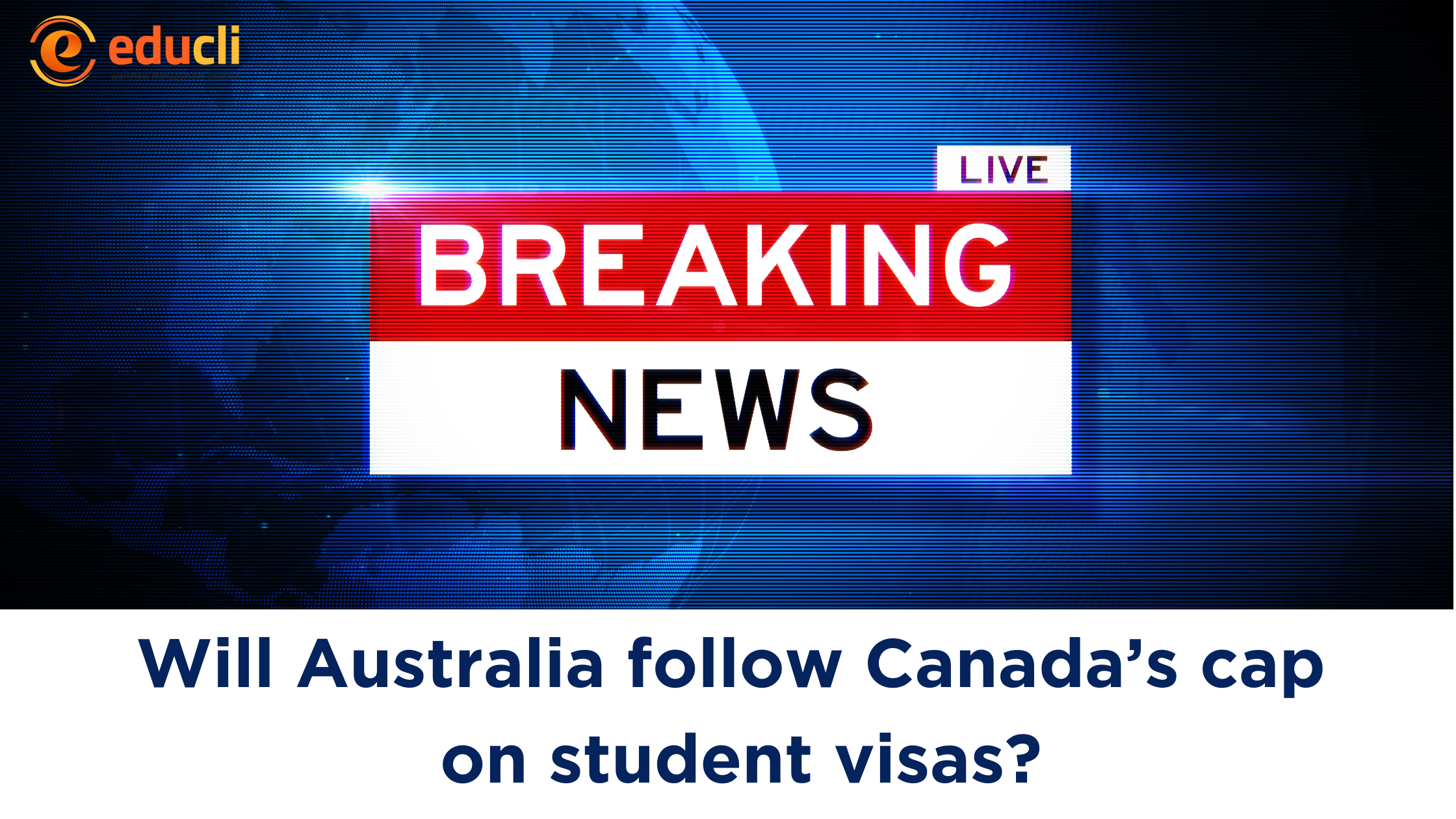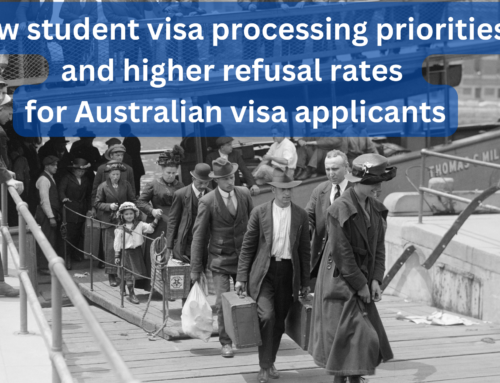Canada’s recent decision to impose a cap on international students has sent ripples through the global higher education sector. In December 2023, at the International Education Symposium SYMPLED2023, the Hon Julian Hill MP discussed the possibility of Australia implementing similar measures, sparking debate and concern among education leaders.
The Canadian government, under Immigration Minister Marc Miller, announced a two-year cap on new international students early on Monday morning, following days of speculation and a leaked memo. This policy aims to limit the number of study permits to approximately 360,000 in 2024, a significant 35% decrease from 2023 levels. The move, while primarily targeting private colleges, will inevitably impact all higher education institutions, including universities.
Private colleges, particularly those operating under a curriculum licensing agreement with a public college (public-private partnerships = PPS), some of which enrol almost exclusively international students, are expected to be the most affected by the fine print in the new rules. In a move to target these institutions, the government has excluded students at PPPs from applying for a post-study work visa to remain in Canada after graduation.
Vinitha Gengatharan, Assistant Vice President for Global Engagement and Partnerships at York University, expressed concern, stating, “Universities are unfairly caught in the crossfire.” The policy’s broad approach has raised eyebrows, with many arguing that unlike certain colleges, universities recruit sustainable numbers of international students and provide the necessary support services.
Graham Barber, Assistant Director of International Relations at Universities Canada, criticized the policy as “drastic and a bit reactionary.” He called for more precise measures, echoing concerns that the new rules could tarnish Canada’s global reputation and harm the financial sustainability of educational institutions.
Why it matters:
Canada’s population rose by 1.25 million people last year, driven almost entirely by immigration, including international students. Economists say the steep increase in the demand for housing has made Canada’s housing shortage more severe.
Furthermore, the spike in international student enrollment has also compromised the integrity of the education system, with colleges taking advantage of Canada’s open immigration policies, said Immigration Minister Marc Miller.
One notable aspect of the policy is its immediate implementation, which causes logistical challenges. New requirements, such as the need for an “attestation letter” from a province or territory with every study permit application, have been introduced with little notice. This swift enactment, in the middle of a recruitment cycle, raises questions about preparedness and the practicality of such abrupt changes.
The cap’s effects extend beyond educational institutions to the students themselves. International students are now facing uncertainty about their future study and work plans in Canada. Moreover, recruiters in other countries are closely monitoring the situation, wondering if students will turn to alternative destinations. However, with potential policy changes looming in major international student destinations like the UK, Australia, and the US, the future remains uncertain.
In Australia, the international education sector is worried about how the upcoming Migration Review will hit international students (in a week in which export revenue was confirmed to have reached A$34 billion). While in the UK, we had the shock news that the government wants to review the hugely important Graduate Route – which has left many quaking in their boots.
For international students right now, they must be feeling perplexed about their best prospects and opportunities. In September 2023 the IEAA’s Phil Honeywood was quick to blot out suggestions that Australia could introduce a cap on international student numbers.
With Canada’s move, countries like Australia, deliberate on implementing similar measures, will leave us with the question – Will this Canadian approach set a precedent for other nations? And if yes, how will it reshape the landscape of global higher education?
It is clear that the international education sector is at a crossroads, facing a potential shift in policies and approaches towards international students, which could create positive shifts. Only time will tell, but the implications of these policies will be significant for students, institutions, and the broader sector.
#initernationaleducation #canada #australia #immigrationpolicy #educli





Leave A Comment